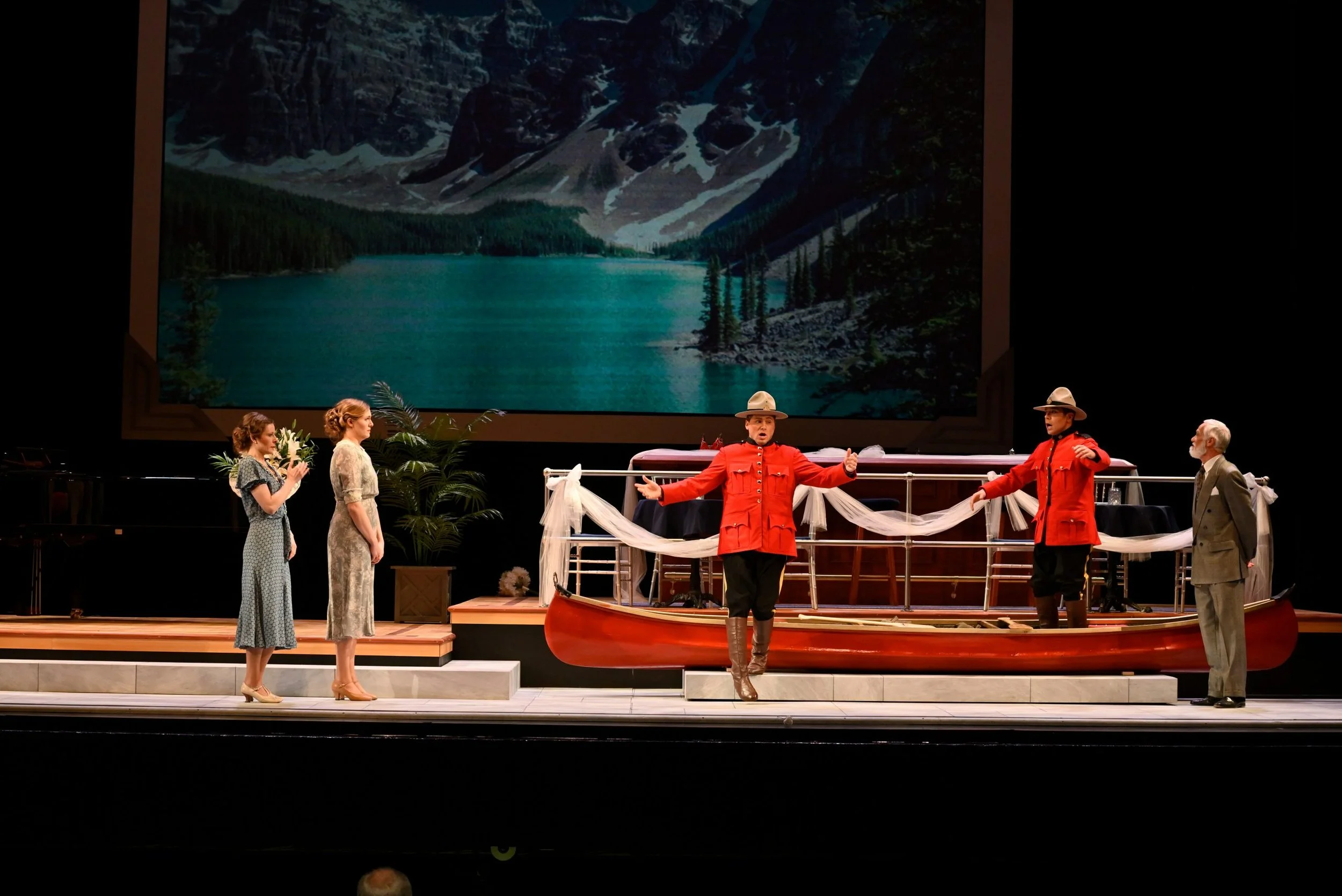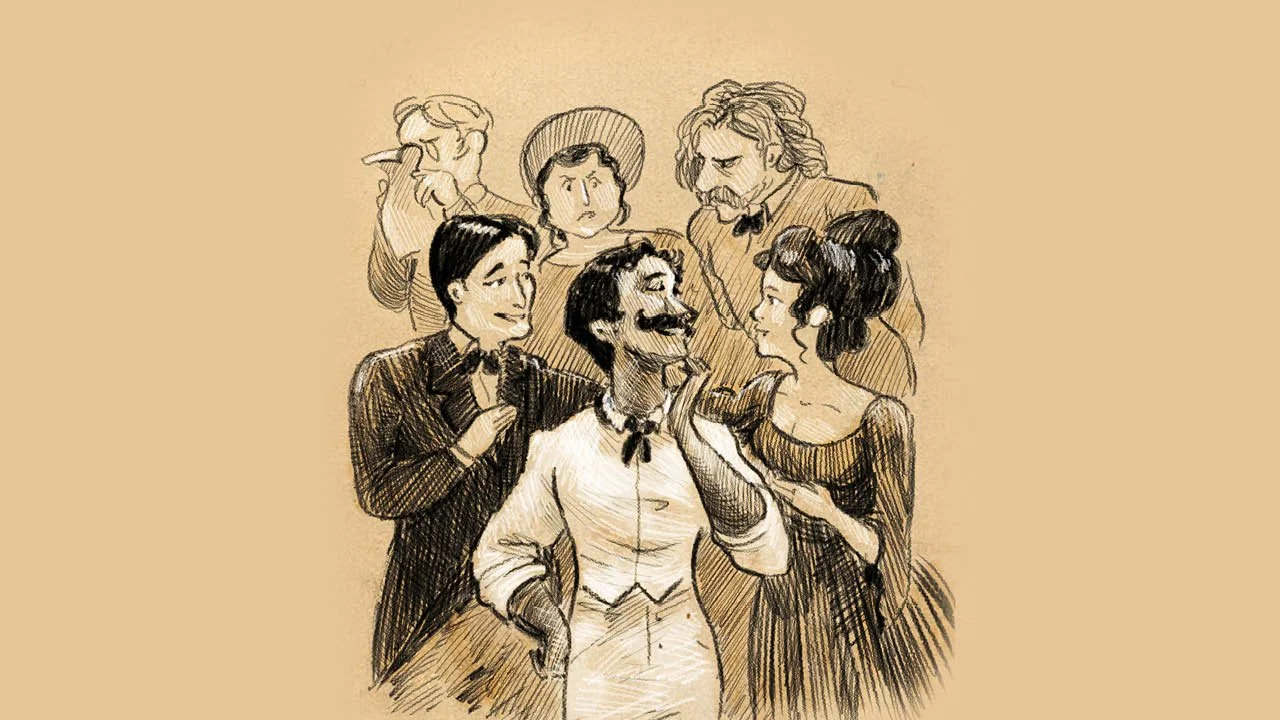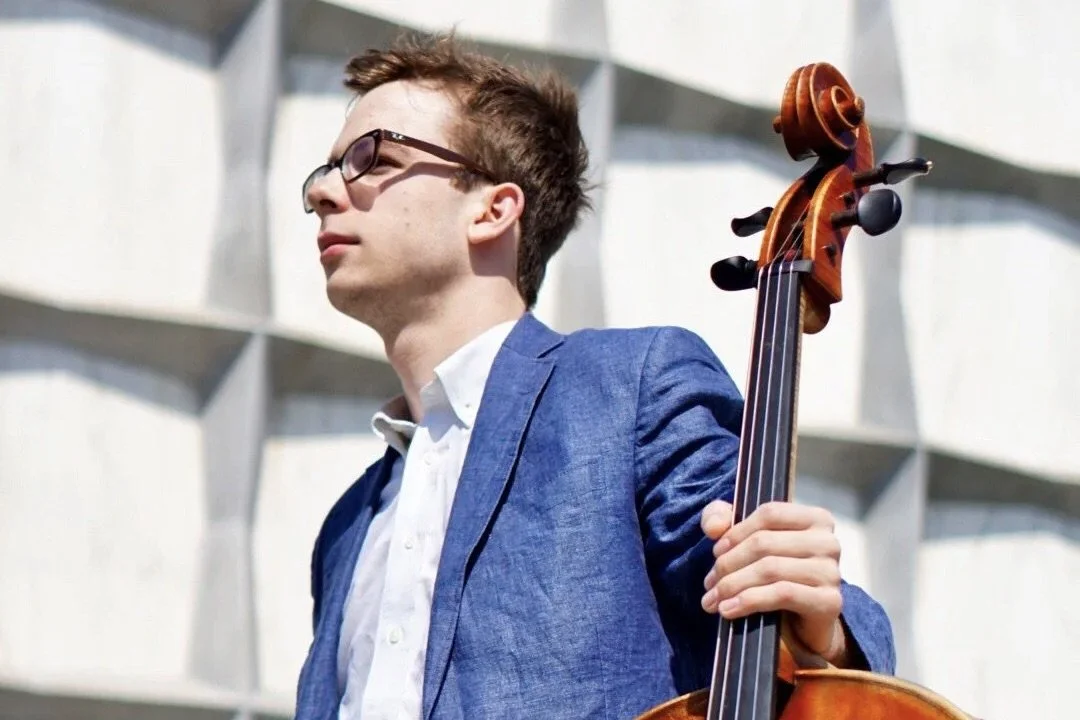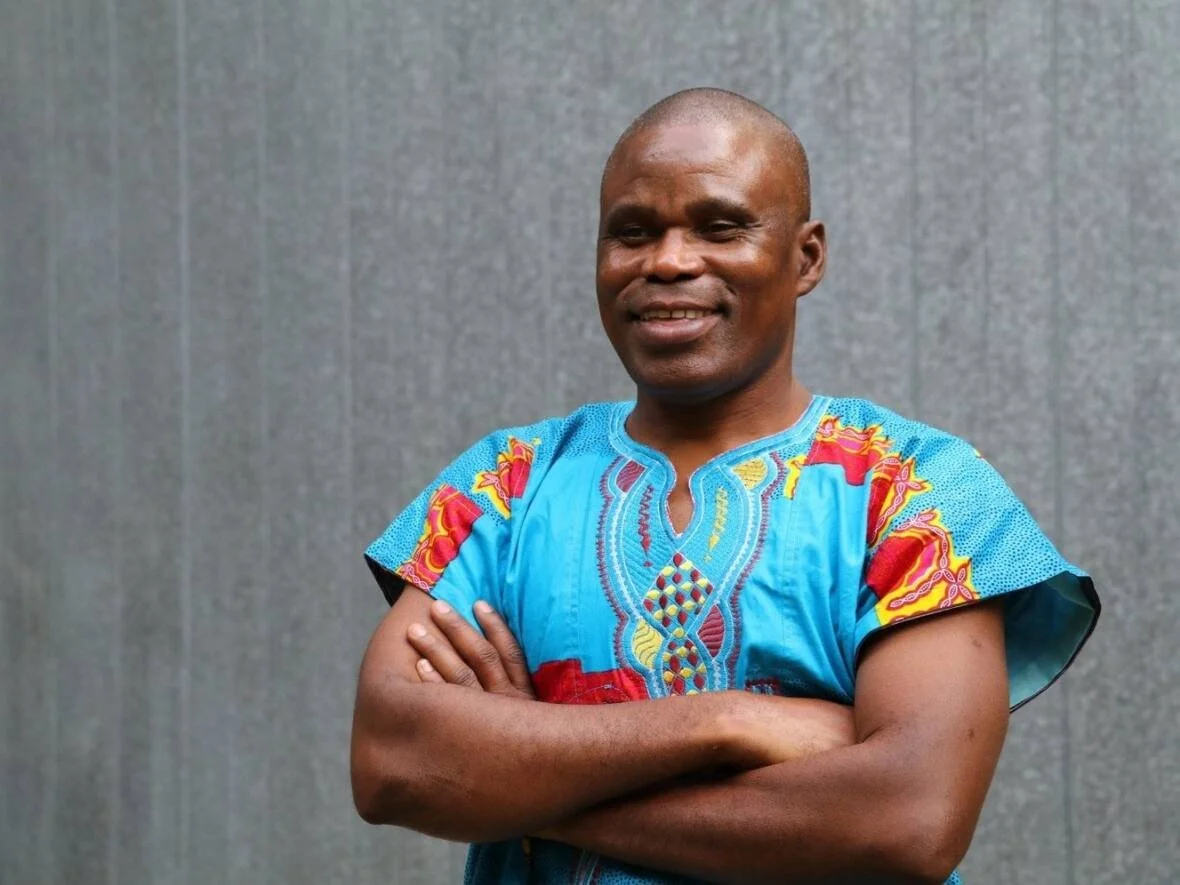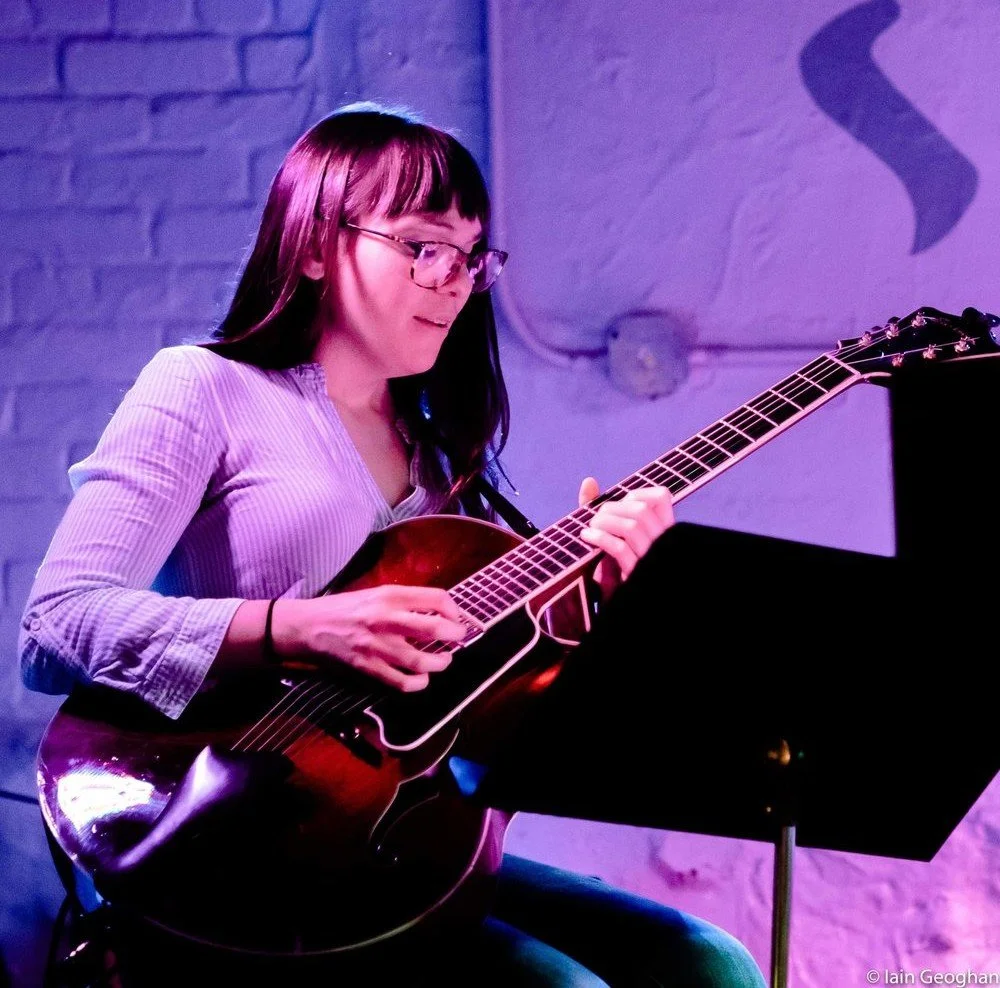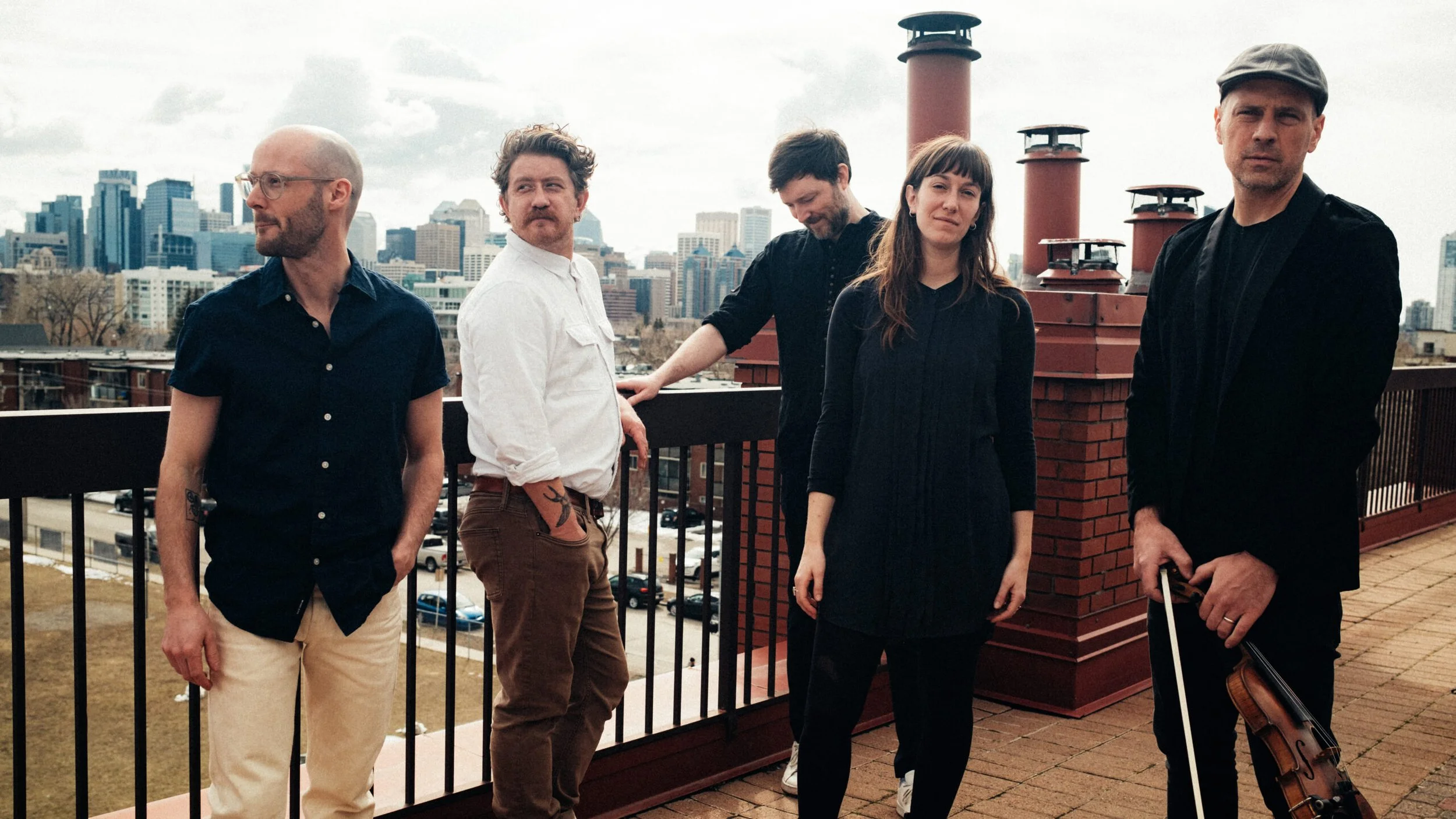Music review: VSO’s Americana program offers fresh performances, impeccable sound
The digital concert features works by composers George Walker, Jessie Montgomery, and Aaron Copland
Vancouver Symphony Orchestra music director Otto Tausk.
Americana: Walker, Montgomery & Copland streams via TheConcertHall.ca
THERE’S A LOT to be said for the Vancouver Symphony Orchestra’s new online initiative, theconcerthall.ca, starting with the fact that a month’s subscription is less expensive than a night’s parking in downtown Vancouver, assuming that you can find such a thing on a weekend night.
At least, for the moment, there’s not hockey to compete with.
There’s also the welcome notion that an online concert series can be more tolerant of latecomers than even the friendly ushers at the Orpheum. Technical issues had me worried that I was going to miss out on the inaugural streaming of the VSO’s Americana program, which ranges from the work of mid-century-modern icon Aaron Copland to that of rising-star composer and violinist Jessie Montgomery. But once I’d determined that I was suffering from a 1D10T error and took the appropriate steps, I arrived 10 minutes late and still found host Measha Brueggergosman waiting for me, smiling from the front door of her Nova Scotia home and festively decked out in giant sparkly earrings and a plaid hunting jacket. I settled into a comfortable chair and relaxed.
And, remarkably, I stayed relaxed through the entire 46-minute program.
I’m a sound person, not a screen person, and was initially resistant to the idea of having the VSO in my home—or at least on my desktop computer, even if I’ve tricked it out with a decent subwoofer and some high-tech ribbon tweeters. But the orchestra’s technical crew has done a remarkable job of putting the listener on-stage with the musicians. In some ways the experience is even more satisfactory than being at an Orpheum concert: no-one’s rustling cough-drop wrappers—or, worse yet, coughing—behind you; the multi-camera video feed allows you to see how carefully the musicians address their instruments; and the sound is impeccable, with none of the dead spots of the real room.
The music lived up to the technical excellence, including two pieces that will likely be unfamiliar to most local listeners. Americana opened with George Walker’s Lyric for Strings, which Brueggergosman said reminded her of Samuel Barber’s similarly titled (and much better known) Adagio for Strings. A perceptive comment, as both works are bittersweet, lilting, and poised—although Lyric for Strings dips briefly into darker terrain than the Adagio surveys. Montgomery’s Starburst continued in a similarly graceful fashion, but with an occasional nod to late 20th-century minimalism, especially Steve Reich’s writing for strings.
Montgomery is clearly a composer to watch out for. Walker, on the other hand, should be more familiar: he won the Pulitzer Prize for Music in 1996. One hopes that his being African-American didn’t limit the classical-music world’s embrace of his works, although Brueggergosman gently hints that it might have. If so, it’s an error that needs to be rectified. I’d happily listen to an entire program of Walker’s music—and hope that Montgomery, who’s also Black, gets a chance to perform her music with the VSO sometime soon.
Copland’s Appalachian Spring, which closes the Americana program, needs neither introduction nor explanation. It’s one of the foundational pieces of modern American repertoire, and its influence has extended far beyond the symphonic world; jazz guitarists Bill Frisell and Pat Metheny, for instance, are acknowledged admirers. Still, I found this performance singularly fresh, even revelatory—most likely because, with the VSO’s on-stage numbers reduced due to social distancing, conductor Andrew Crust was working with Copland’s original chamber score, not the more familiar version for full orchestra. The earlier version is lighter, more playful, and more explicitly progressive; if the VSO’s reading of Starburst echoed minimalism, its Appalachian Spring clarified how Copland prefigured that 1960s movement, especially in his high, insistent lines for piano.
Taking a familiar, even over-familiar piece like this and making it sound new is difficult; Crust and the VSO musicians made it look, and sound, easy.
One complaint, or perhaps it’s more properly an observation. These VSO Concert Hall presentations are not live-streamed, nor do they purport to be. But switching conductors from music director Otto Tausk to associate conductor Crust following Lyric for Strings made it difficult for this audience member to sustain the illusion of “being there” that the symphony’s technical staff so successfully created. It’s a small matter, but perhaps something to think about.
Otherwise, bravo!



